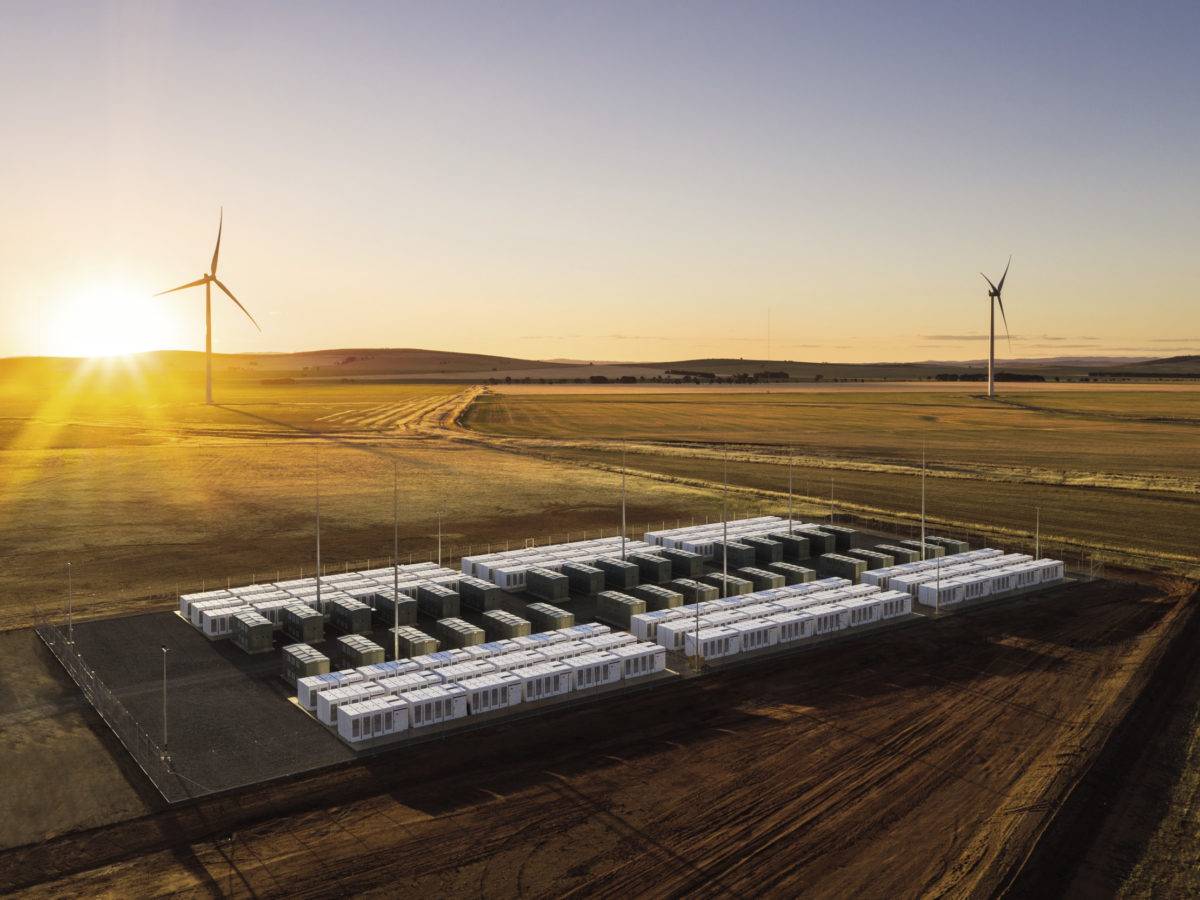Power to the People: Unleashing the Potential of Community-Based Energy Storage
 In the ever-changing landscape of energy solutions, community-based energy storage emerges as a transformative paradigm, putting the power back into the hands of the people. This article delves into the concept of community-based energy storage, exploring its benefits, applications, and the empowering shift towards decentralized energy solutions that foster sustainability and resilience.
In the ever-changing landscape of energy solutions, community-based energy storage emerges as a transformative paradigm, putting the power back into the hands of the people. This article delves into the concept of community-based energy storage, exploring its benefits, applications, and the empowering shift towards decentralized energy solutions that foster sustainability and resilience.
Community Empowerment: The Core of Community-Based Energy Storage
Decentralizing Energy Control
Localized Power Grids
Community-based energy storage is a game-changer in decentralizing energy control. By establishing localized power grids within communities, residents gain greater autonomy over their energy resources. This decentralization minimizes dependence on external energy providers, fostering a sense of ownership and self-sufficiency among community members.
Collective Decision-Making
In community-based energy storage projects, decision-making becomes a collective endeavor. Residents actively participate in determining the size, scope, and technology of the energy storage system. This collaborative approach ensures that the solution aligns with the unique energy needs and aspirations of the community, creating a more personalized and impactful energy infrastructure.
The Technology Behind Community-Based Energy Storage
Advanced Battery Technologies
Scalable and Flexible Solutions
The technology underpinning community-based energy storage often revolves around advanced battery technologies. Scalable and flexible solutions, such as lithium-ion batteries, enable communities to customize the size of their storage system based on their specific energy demands. This adaptability ensures that the energy storage solution grows alongside the community’s evolving needs.
Smart Grid Integration
Integrating community-based energy storage with smart grids enhances overall efficiency. Smart grid technologies enable real-time monitoring, optimal energy distribution, and the seamless incorporation of renewable sources. This synergy ensures that the community maximizes the benefits of energy storage while contributing to sustainability goals through intelligent energy management.
Applications Across Community Spaces
Residential Neighborhoods
Energy Independence for Homes
In residential neighborhoods, community-based energy storage provides homes with a reliable source of power, especially during peak demand periods or in the event of grid failures. Residents enjoy energy independence, reduced reliance on centralized utilities, and the potential for cost savings by optimizing energy consumption.
Supporting Renewable Energy Integration
Community-based energy storage complements residential solar installations, storing excess energy generated during the day for use during the night. This symbiotic relationship between solar power and energy storage contributes to a more sustainable and environmentally friendly energy ecosystem within neighborhoods.
Commercial Hubs
Business Resilience
For commercial hubs, community-based energy storage ensures business resilience. In the face of power outages or fluctuations, businesses can rely on stored energy to maintain operations. This not only minimizes financial losses during downtime but also positions commercial spaces as contributors to community-wide energy stability.
Load Shifting Strategies
Community-based energy storage allows commercial entities to implement load shifting strategies, optimizing energy usage during peak demand periods. This proactive approach not only reduces operational costs but also contributes to the overall efficiency of the community’s energy grid.
Overcoming Challenges: The Road Ahead for Community-Based Energy Storage
Regulatory Considerations
Navigating Legal Frameworks
Implementing community-based energy storage projects requires navigating regulatory frameworks. Communities must work within existing legal structures to ensure compliance and smooth integration. Advocacy and collaboration with local authorities become key elements in overcoming regulatory challenges and fostering a supportive environment for community-based energy initiatives.
Financial Viability
Exploring Funding Models
The financial viability of community-based energy storage projects is a critical consideration. Exploring funding models, such as government grants, community investments, or partnerships with energy providers, can help overcome initial financial barriers. Establishing clear financial structures ensures that the benefits of community-based energy storage are accessible to all members.
Conclusion: Powering a Sustainable Community Future
Community-based energy storage represents more than a technological advancement; it signifies a shift in how we envision and manage our energy resources. By placing the power in the hands of the people, these initiatives empower communities to shape their energy destiny, fostering sustainability, resilience, and a sense of collective responsibility. As we embrace community-based energy storage, we pave the way for a future where the power truly belongs to the people.
Post time: Jan-02-2024

